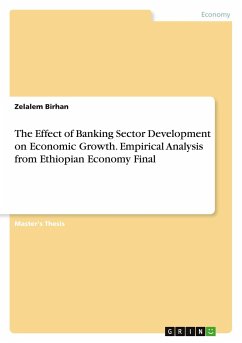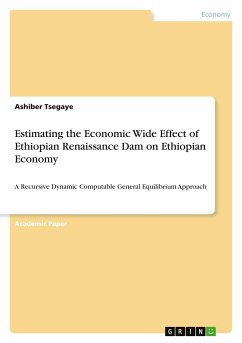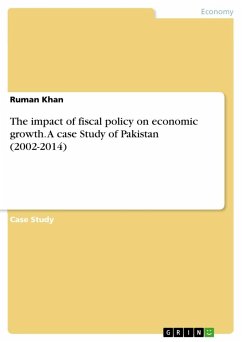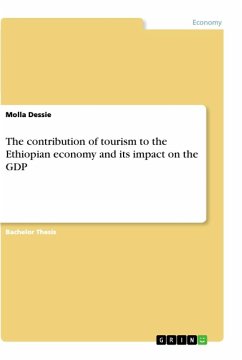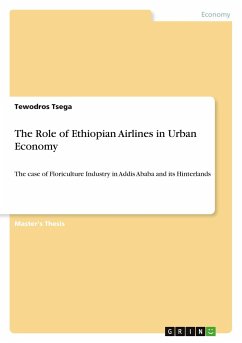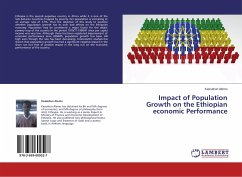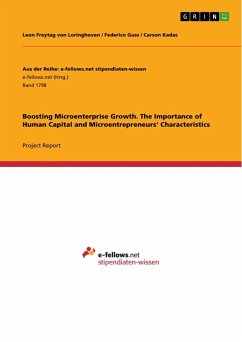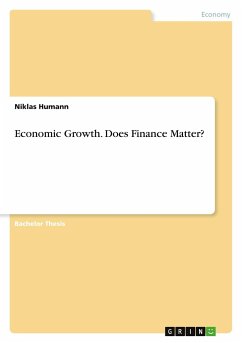Master's Thesis from the year 2020 in the subject Economics - Economic Cycle and Growth, grade: 3.33, Ethiopian Civil Service University, language: English, abstract: This paper examined the relationship between banking sector development and economic growth in Ethiopia. The paper also examines the effect of banking development on economic growth in Ethiopia and to establish which theory holds for Ethiopia between the demand-following and the supply-leading theory. Unlike the majority of previous studies, this study uses the newly developed ARDL-bounds testing approach to examine the relationship. The ARDL-bounds testing approach has numerous advantages over other co-integration techniques, especially when a short time-series dataset is used. In order to test the robustness of the empirical results, three proxies of bank-based financial development have been used; namely: 1) the domestic credit provided by the banking sector as a ratio of GDP, 2) broad money supply as a ratio of GD, 3) private credit as percentage of GDP. Annual time series data between the years 1987 and 2019 were used for the study, from the National Bank of Ethiopia (NBE) statistical bulletin. The structural break unit root test revealed that all the variables are stationary at their first difference; the bound test cointegration analysis established the existence of long run relationship among the variables. The ARDL revealed that domestic credit provided by the banking sector significantly affected economic growth in the long run, while private credit statistical significant and negatively affect economic growth in the short run during the period of study. The empirical results of this study show that the effect of banking sector development and economic growth in Ethiopia is sensitive to the proxy used to measure the banking sector development. The policymakers need to make policies that can lead to establishment of banking institutions in the rural areas which have limited access to banking services and create enabling legal environment for efficient allocation of credit to the private sector at the same time the supervisory organ shall establish conducive environment for banking institution which are engaging in loan granting for diversified economic sectors for private investment.
Hinweis: Dieser Artikel kann nur an eine deutsche Lieferadresse ausgeliefert werden.
Hinweis: Dieser Artikel kann nur an eine deutsche Lieferadresse ausgeliefert werden.

